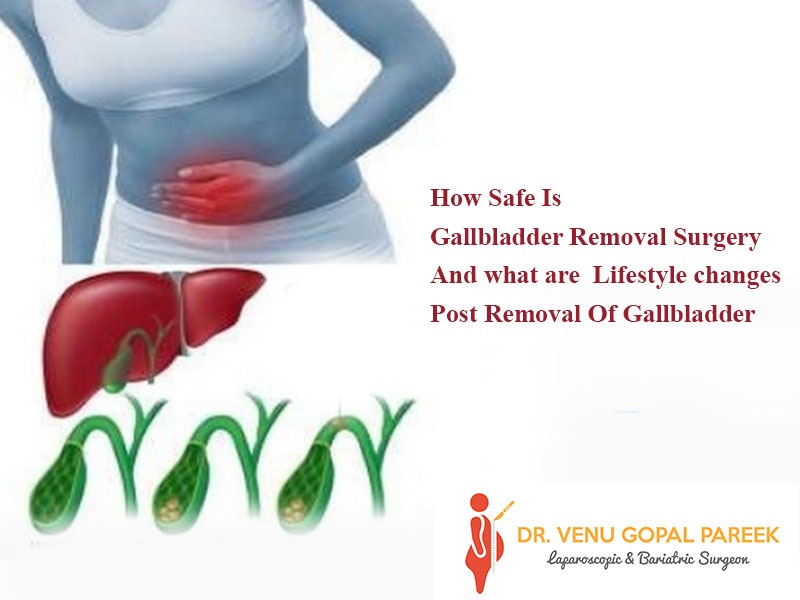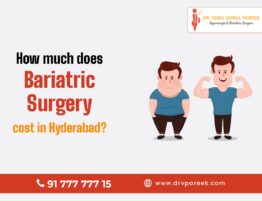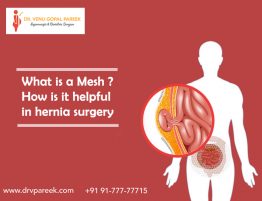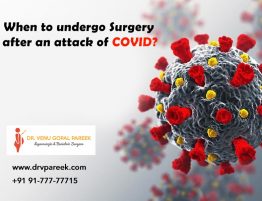
Many patients have the same fear after gallbladder surgery. They often think about how normal or how active they will be after the gallbladder is removed. The second most common doubt is what to eat, what not to eat, and what diet to follow after gallbladder surgery or cholecystectomy.
It is possible to live a long, fulfilling life without the gallbladder. You can have gallbladder removal surgery for several reasons, including:
- Infection
- inflammation called cholecystitis
- Gallstones
- Gallbladder polyps
- Gallbladder cancer
You can expect to live a completely normal life after gallbladder surgery, but you may experience temporary side effects with the way your digestive system processes fatty foods. These symptoms can include diarrhoea, gas, cramps, and excess gas in response to eating certain foods. Fortunately, this problem usually only lasts 30 days or less and only affects about half of people who had gallbladder removal.
If you have pain and other symptoms that may be caused by a ruptured gallbladder, removing the gallbladder (cholecystectomy) can help relieve the discomfort. And you are not alone. Surgeons in India remove about 600,000 unhealthy gallbladders each year, mainly because of gallstones.
Dr Venu Gopal Pareek bariatric surgeon has extensive experience in removing the gallbladder. Read this article provided by Dr Venu Gopal Pareek, the best bariatric surgeon on ” How Safe Is Gallbladder Removal Surgery And Life Post Removal Of Gallbladder”, and what to do to relieve digestive discomfort after cholecystectomy.
Before that, let us see!
What does the gallbladder do?

The gallbladder is a pear-shaped organ about 4 cm long. It is located just below the liver in the right upper quadrant of the stomach and connected to the liver by the common bile duct. These ducts carry bile through the liver, gallbladder, and duodenum – the first part of your small intestine.
The gallbladder acts as a storehouse for bile, a substance that helps your body break down food and absorb fat. When you eat, your gallbladder releases bile in the small intestine, where it breaks down fat.
Without a gallbladder, there is nowhere to collect bile. Instead, your liver excretes bile directly into the small intestine. This allows you to digest most of the food. However, large amounts of fatty or high-fibre foods are more difficult to digest. This can sometimes cause gas and diarrhoea.
Why should the gallbladder be removed?

Gallbladder removal surgery is usually done if you have gallstone pain.
These are small stones that can form in the gallbladder due to an imbalance of the substances that make up bile.
Gallstones often cause no symptoms, and you may not even be aware of them. Still, sometimes they can block the flow of bile and irritate the gallbladder (acute cholecystitis) or the pancreas (acute pancreatitis).
This can cause symptoms such as:
- Sudden and severe stomach pain
- Feeling of sickness
- Jaundice
Sometimes it is possible to use tablets to dissolve gallstones, but surgery to remove the gallbladder is the most effective treatment in the majority of cases.
What happens during surgery to remove the gallbladder?

There are two ways to get rid of the gallbladder:
- Laparoscopic cholecystectomy: Several small incisions (incisions) are made in the abdomen, and fine surgical instruments are used to access and remove the gallbladder.
- Open cholecystectomy: A larger incision is made in your abdomen to access and remove the gallbladder. This is performed in rare cases when the gallbladder infection is high.
Keyhole surgery is the most common because you can leave the hospital early, recover faster, and leave less scarring than an open procedure.
Both these techniques are performed under general anaesthesia, which means that you will fall asleep during the operation and will not feel pain when performed.
Laparoscopy Surgical review:

Laparoscopic gallbladder surgery removes the gallbladder and gallstones through several small incisions (incisions) in the abdomen. The surgeon will inflate your abdomen with carbon dioxide so that your doctor can see inside clearly.
The surgeon inserts a lighted scope attached to a video camera (laparoscope) into the incision near the navel. The surgeon then uses a video monitor as a guide when inserting surgical instruments into other incisions to remove your gallbladder.
Before the surgery, a special x-ray called an intraoperative cholangiography is taken which shows the anatomy of the bile ducts.
You will need general anaesthesia for this operation, which usually takes 2 hours or less.
After surgery, bile from the liver (where it is made) flows through the bile ducts into the small intestine. Because the gallbladder is removed, the body can no longer store bile between meals. For most people, this has little or no digestive effect.
In 2 to 5 out of 100 laparoscopic gallbladder surgeries, surgeons must switch to the open surgical method, which requires a larger incision.
Recovery from surgery to remove the gallbladder

It usually doesn’t take long to recover from laparoscopy surgery to remove your gallbladder. Most people can leave the hospital the same day or the next morning.
You will most likely be able to return to most of your normal activities within two weeks.
Recovery from open surgery takes longer. You may need to stay in the hospital for 3 to 5 days, and it can take 6 to 8 weeks before you feel normal.
How safe is laparoscopic gallbladder surgery?
Laparoscopic gallbladder surgery is safe and effective surgery to remove gallstones in the gallbladder. Gallstones can form in the bile duct several years after the gallbladder is removed, although this is rare.
Life without a gallbladder:

You can lead a completely normal life without a gallbladder. Your liver still secretes enough bile to digest your food, but instead of being stored in the gallbladder, it continues to trickle down into your digestive system. A special diet may be recommended before surgery, but there is no need to continue after that.
Instead, it would be best if you aimed for a generally healthy and balanced diet.
Some people have problems like gas or diarrhoea after surgery, although they usually get better within a few weeks. If you find certain foods or drinks that cause these symptoms, you may want to avoid them in the future.
Digestion after removal of the gallbladder:

The gallbladder aids digestion by storing and concentrating bile. Bile flows typically from the liver to the gallbladder for storage. When you eat, the gallbladder usually excretes bile in the small intestine to absorb fat. However, this job is not essential for digestion or health.
Without the gallbladder, the liver still produces bile needed to absorb fat in food. But instead of going into the intestines at once with food, bile continues to flow from the liver to the intestines.
Diet after surgery to remove the gallbladder:

- Usually, people without a gallbladder have to adopt a lifestyle of eating small meals at regular intervals. Everyone is advised to eat in small portions.
- The gastro surgeon who performs gallbladder removal surgery will prescribe your diet a few weeks after the surgery.
- After a few weeks, you can return to the normal diet you used to eat before the surgery. It is safe to increase the amount of food gradually.
- Including fibre in your diet can be generally beneficial. The most important factor is paying attention to what you eat.
- Check if you have digestive problems after eating certain foods. If the same food causes problems again, it is better to avoid these foods once and for all.
- Switch to junk food and fatty foods gradually. It is always better to avoid them entirely for life. After all, you don’t get any nutritional value from them, but because you are obese and unhealthy.
- In general, foods high in complex carbohydrates, fibre, protein, and dietary fat are recommended in smaller portions after surgery to remove the gallbladder.
Digestive problems after gallbladder removal are usually temporary. If your digestive problems persist, talk to your doctor. Together you can develop a treatment strategy that suits your needs.
Conclusion:
Gallbladder removal is a fairly common procedure, but it is always possible to experience some side effects. Knowing how to identify and reduce symptoms, side effects, and complications before surgery are very helpful and ease the stress of the surgery greatly.
You can live without a gallbladder. It shouldn’t affect your life expectancy either. If nothing else, the diet changes you need to make can help you live a longer and healthier life. For more information and the best surgery, contact Dr Venu Gopal Pareek at 091777 77715.







